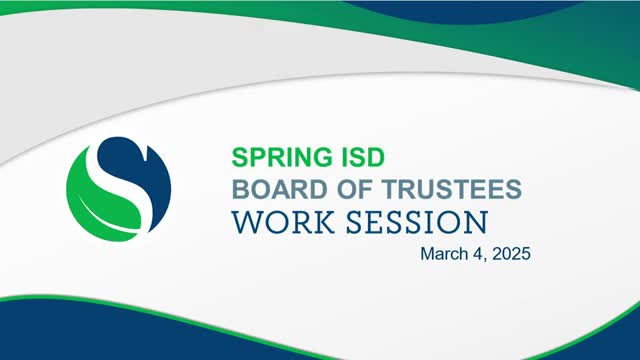Article not found
This article is no longer available. But don't worry—we've gathered other articles that discuss the same topic.
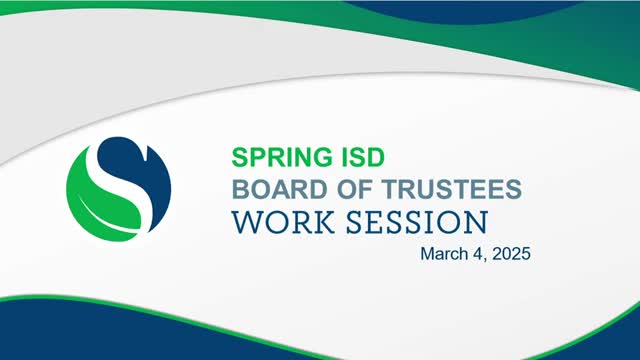
Votes at a glance: March 4, 2025 Spring ISD board work session
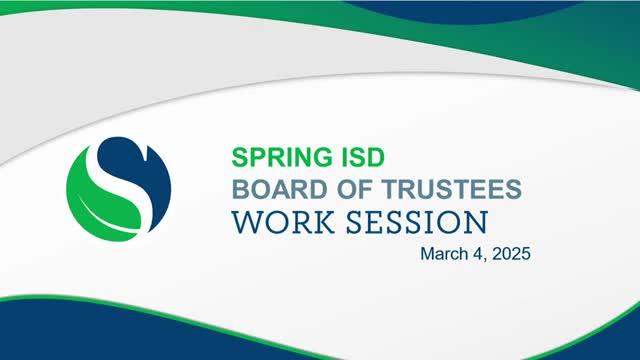
Spring ISD reports $2.16 million in grants and in‑kind donations including Planet Ford vehicle for CTE
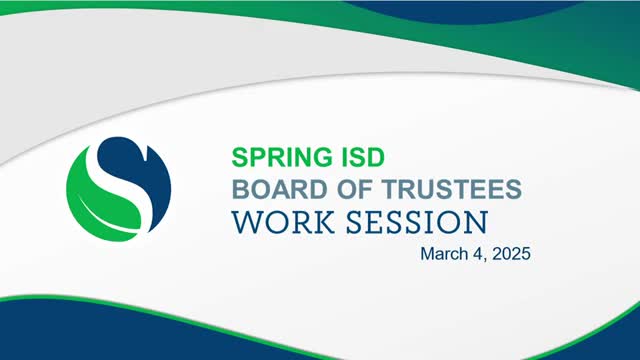
Spring ISD proposes one‑time Achieve awards and a pay bump for career‑prep student workers; board pulls item for further review
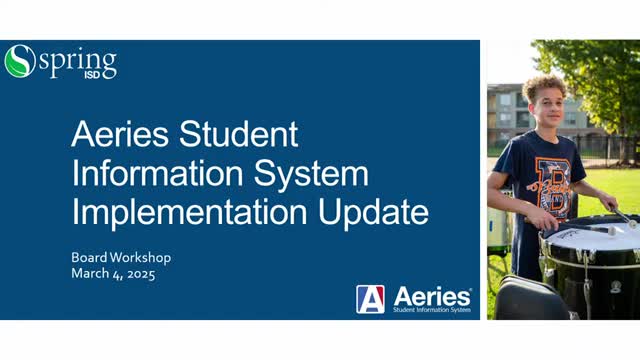
Spring ISD outlines Aeries student‑information rollout, integration issues and next steps
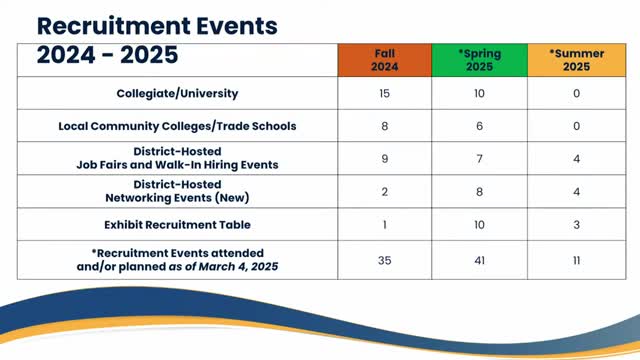
Spring ISD reports sharp decline in disciplinary incidents; district cites training, PBIS and restorative practices
